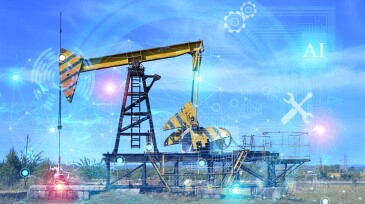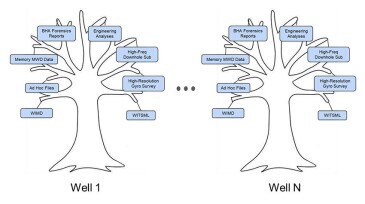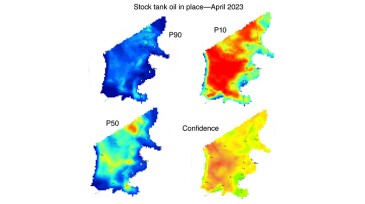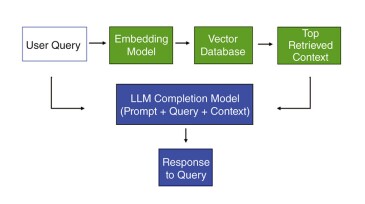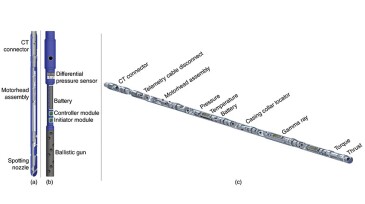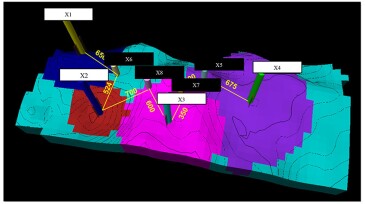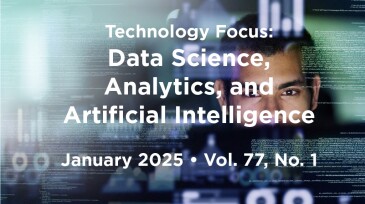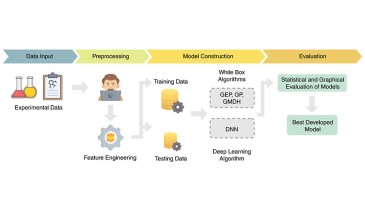Data mining/analysis
This paper describes a data-driven well-management strategy that optimizes condensate recovery while preserving well productivity.
This work presents the development of fast predictive models and optimization methodologies to evaluate the potential of carbon-dioxide EOR and storage operations quickly in mature oil fields.
This paper introduces a system that leverages sophisticated algorithms and user-friendly interfaces to tackle the challenge of developing complex, compartmentalized reservoirs effectively.
-
A roundtable discussion during CERAWeek pointed to the necessity of a mindset shift for the oil and gas industry to tap into AI’s true potential.
-
Technology and partnerships play a pivotal role in how the oil industry finds and produces energy from frontier regions and brownfields, both now and in the future.
-
The authors make the case that data science captures value in well construction when data-analysis methods, such as machine learning, are underpinned by first principles derived from physics and engineering and supported by deep domain expertise.
-
This paper focuses on the vital task of identifying bypassed oil and locating the remaining oil in mature fields, emphasizing the significance of these activities in sustaining efficient oilfield exploitation.
-
This paper tests several commercial large language models for information-retrieval tasks for drilling data using zero-shot, in-context learning.
-
In this study, artificial-intelligence techniques are used to estimate and predict well status in offshore areas using a combination of surface and subsurface parameters.
-
Given the diversity of coiled tubing well-intervention data, many acquisition labels are often missing or inaccurate. The authors of this paper present a multimodal framework that automatically identifies job type and technologies used during an acquisition.
-
his paper investigates the challenges faced in the development of mature and tight fields, primarily resulting from reservoir depletion, high operational costs, and uncertainty in reserves volumetric calculations.
-
Almost every day, petroleum engineers are coming to realize that they’ve got an arsenal of good ideas on how to leverage large, messy data sets to add value to their businesses. Those who have enlisted in the Analytics Army have progressed from siloed digitalization attempts to well-concerted digital transformation strategies that reflect high levels of organizational…
-
The objective of this study is to develop an explainable data-driven method using five different methods to create a model using a multidimensional data set with more than 700 rows of data for predicting minimum miscibility pressure.




